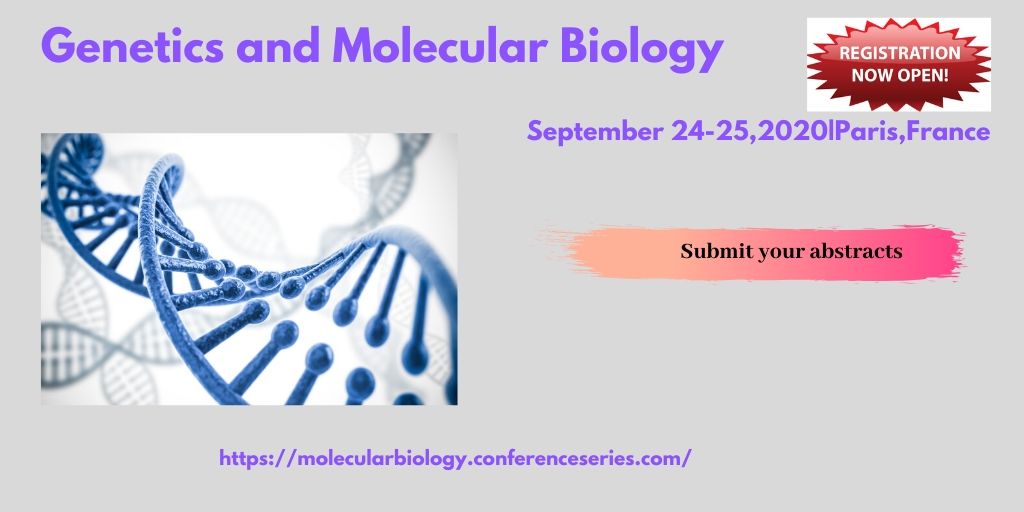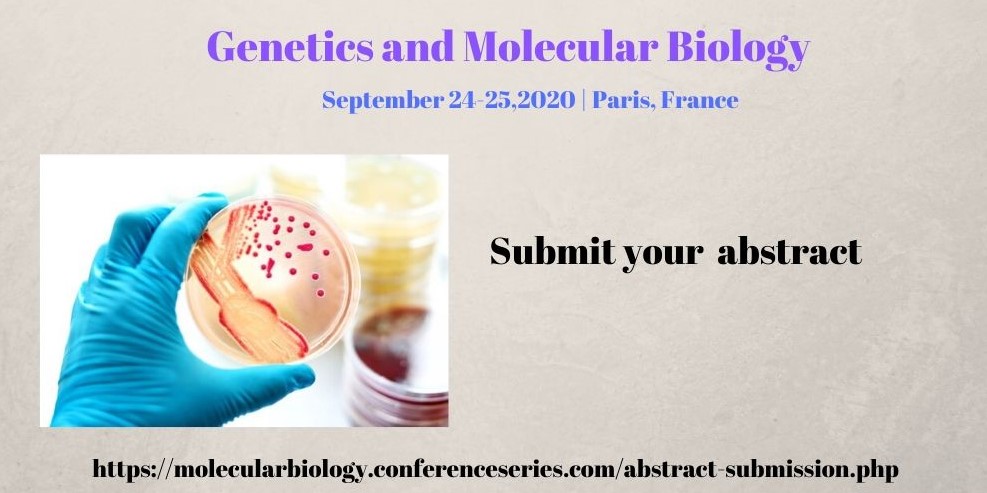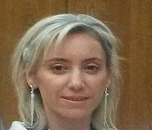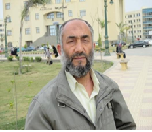Scientific Session 1: Genomics
Genomics is an interdisciplinary field of science concentrating on the structure, work, advancement, mapping, and altering of genomes. A genome is a life form's entire arrangement of DNA, including the greater part of its qualities. Rather than hereditary qualities, which alludes to the investigation of individual qualities and their parts in legacy, genomics goes for the aggregate portrayal and evaluation of qualities, which coordinate the generation of proteins with the help of compounds and ambassador particles. Thus, proteins make up body structures, for example, organs and tissues and additionally control concoction responses and convey motions between cells. Genomics likewise includes the sequencing and examination of genomes through employments of high throughput DNA sequencing and bioinformatics to collect and break down the capacity and structure of whole genomes.
Scientific Session 2: Cancer Genomics
Cancer Genomics is the study of genetic mutations responsible for cancer, using genome sequencing and bioinformatics. Clinical genomics is to improve cancer treatment and outcomes lies in determining which sets of genes and gene interactions affect different subsets of cancers. International Cancer Genome Consortium (ICGC) is a voluntary scientific organization that provides a forum for collaboration among the world's leading cancer and genomic researchers.
Scientific Session3: Molecular Biology
Molecular biology concerns the molecular basis of biological activity between the various systems of a cell, including the interactions between the different types of DNA, RNA and proteins and their biosynthesis, and studies how these interactions are regulated. It has many applications like in gene finding, molecular mechanisms of diseases and its therapeutic approaches by cloning, expression and regulation of gene. Research area includes gene expression, epigenetics and chromatin structure and function, RNA processing, functions of non-coding RNAs, transcription. Nowadays, Most advanced researches are going on these topics: Molecular biology, DNA replication, repair and recombination, Transcription, RNA processing, Post-translational modification, proteomics, Mutation, Site-directed mutagenesis, Epigenetics, chromatin structure and function, Molecular mechanisms of diseases
Scientific Session 4: Plant Genomics and Molecular Plant Sciences
National Science Foundation (NSF) announces its intention to continue to support plant genome research through the Plant Genome .Research Program (PGRP). Plant Genomics Research Program (PGRP) awards from the National Science Foundation (NSF) that NSF offers supplements to support research collaboration with scientist sin developing countries. The intent of Developing Country Collaborations in Plant Genome Research (DCC-PGR) awards is to support collaborative research linking U.S. researchers with partners from developing countries to solve problems of mutual interest in agriculture, energy and the environment, while placing U.S. and international researchers at the center of a global network of scientific excellence.
Scientific Session 5: Structural Biology
Structural biology seeks to provide a complete and coherent picture of biological phenomena at the molecular and atomic level. The goals of structural biology include developing a comprehensive understanding of the molecular shapes and forms embraced by biological macromolecules and extending this knowledge to understand how different molecular architectures are used to perform the chemical reactions that are central to life. Most recent topics related to structural biology are: Structural Biochemistry, Structure and Function Determination, Hybrid Approaches for Structure Prediction, Structural Biology In Cancer Research, Computational Approaches in Structural Biology, Strucutural Biology Databases.
Scientific Session 6: Stem Cell Biology
Stem cells are cells originate in all multi-cellular organisms. They were isolated in mice in 1981 and in humans in 1998. In humans there are several types of stem cells, each with variable levels of potency. Stem cell treatments are a type of cell therapy that introduces new cells into adult bodies for possible treatment of cancer, diabetes, neurological disorders and other medical conditions. Stem cells have been used to repair tissue damaged by disease or age. In a developing embryo, stem cells can differentiate into all the specialized cells—ectoderm, endoderm and mesoderm, but also maintain the normal turnover of regenerative organs, such as blood, skin, or intestinal tissues.
Scientific Session 7; Human Genomics
The human genome is the finished arrangement of nucleic corrosive successions for people, encoded as DNA inside the 23 chromosome combines in cell cores and in a little DNA particle found inside individual mitochondria. These are typically treated independently as the atomic genome, and the mitochondrial genome.
Scientific Session 8; Clinical Genomics
Clinical Genomics is the utilization of genome sequencing to educate understanding analysis and care. Genome sequencing is relied upon to have the most effect in: portraying and diagnosing hereditary infection; stratifying patients for fitting malignancy treatment; and giving data around an individual's imaginable reaction to treatment to lessen antagonistic medication responses.
Scientific Session 9: Bioinformatics in Genomics
Bioinformatics is the exploration of gathering and breaking down complex organic information, for example, hereditary codes. Sub-atomic solution requires the joining and examination of genomic, sub-atomic, cell, and additionally clinical information and it in this way offers a momentous arrangement of difficulties to bioinformatics.
Scientific Session 10: Cell Biology
The investigation of cells is called cell science. Cells comprise of cytoplasm encased inside a layer, which contains numerous biomolecules, for example, proteins and nucleic acids. Life forms can be named unicellular (comprising of a solitary cell; including microscopic organisms) or multicellular (counting plants and creatures).
Scientific Session 11: Next Generation Sequencing
Cutting edge sequencing (NGS) is regularly alluded to as greatly parallel sequencing, which implies that a large number of little parts of DNA can be sequenced in the meantime, making a gigantic pool of information. Cutting edge sequencing (NGS), hugely parallel or profound sequencing is connected terms that portray a DNA sequencing innovation which has upset genomic research.Untranslated regions (3'-UTR) of specific mRNAs. A growing body of evidence shows that mRNAs are one of the key players in cell differentiation and growth, mobility and apoptosis.
Market Analysis Report:
Genetics & Molecular Biology is an interdisciplinary field that applies the principles of engineering and life sciences toward the development of biological substitutes that restore, maintain, or improve tissue function or a whole organ. Regenerative medicine is not one discipline. It can be defined as a therapeutic intervention which “replaces or regenerates human cells, tissues or organs, to restore or establish normal function” and deploys small molecule drugs, biologics, medical devices and cell-based therapies Currently it has emerged as a rapidly diversifying field with the potential to address the worldwide organ shortage issue and comprises of tissue regeneration and organ replacement. Regenerative medicine could potentially save public health bodies money by reducing the need for long-term care and reducing associated disorders, with potential benefits for the world economy as a whole. The global genetic Engineering and regeneration market reached $17 billion in 2013. This market is expected to grow to nearly $20.8 billion in 2014 and $56.9 billion in 2019, a compound annual growth rate (CAGR) of 22.3%. On the basis of geography, Europe holds the second place in the global market in the field of regenerative medicine & tissue engineering. In Europe countries like UK, France and Germany are possessing good market shares in the field of regenerative medicine and tissue engineering. Spain and Italy are the emerging market trends for tissue engineering in Europe.
Importance & Scope:
Genetic engineering is "an interdisciplinary field that applies the principles of engineering and life sciences toward the development of biological substitutes that restore, maintain, or improve tissue function or a whole organ. Currently it has emerged as a rapidly diversifying field with the potential to address the worldwide organ shortage issue and comprises of tissue regeneration and organ replacement. A novel set of tissue replacement parts and implementation strategies had shown a great revolution in this field. Cells placed on or within the tissue constructs are the most common methodology in tissue engineering. Regenerative medicine is not one discipline. It can be defined as a therapeutic intervention which “replaces or regenerates human cells, tissues or organs, to restore or establish normal function” and deploys small molecule drugs, biologics, medical devices and cell-based therapies. This field continues to evolve. In addition to medical applications, non-therapeutic applications include using tissues as biosensors to detect biological or chemical threat agents, and tissue chips that can be used to test the toxicity of an experimental medication. Tissue Engineering and Regenerative Medicine is the major field in Medicine, which is still under research and the advancements are maximizing day to day.
Genetics & Molecular Biology 2020 is an engrossed a vicinity of cognizant discussions on novel subjects like Stem Cell–Tools to Battle Cancer, Tissue Regeneration, Materials & Designs for Tissue Engineering, Bioreactors in Tissue Engineering, Regeneration & Therapeutics, Cord Blood & Regenerative Medicine and Clinical Medicine, to mention a few. The two days event implants a firm relation of upcoming strategies in the field of Stem Cell & Regenerative Medicine with the scientific community. The conceptual and applicable knowledge shared, will also foster organizational collaborations to nurture scientific accelerations. We bring together business, creative, and technology leaders from the tissue engineering, marketing, and research industry for the most current and relevant.







